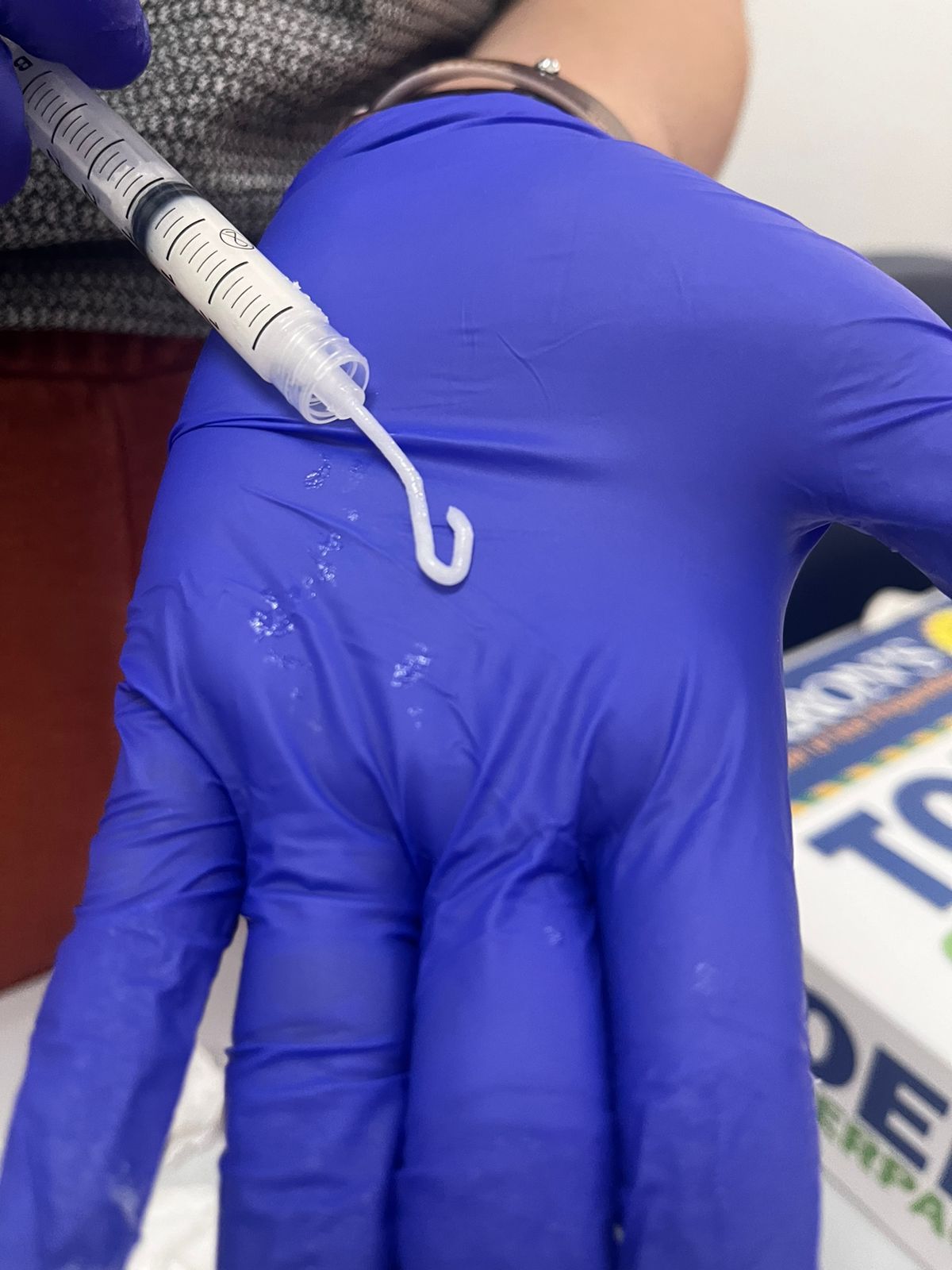New national Centre of Excellence in AI and digital health awarded to Birmingham
BHP founding member the University of Birmingham has been awarded £1M to help the UK unlock the opportunity of AI and digital healthcare while ensuring technologies are safe and effective.
Birmingham will host the ‘Centre of Excellence for Regulatory Science and Innovation in AI & Digital Health Technologies’ known as ‘CERSI-AI’, alongside six key founding partners who bring together knowledge and skills from academia, the NHS, the regulators and industry, and will also work with a wider international network.
The founding partners represent an established UK network with exceptional strength in the innovation and regulation of AI, including universities (University of Birmingham, University of York), industry (Hardian Health, Newton’s Tree, Romilly Life Sciences, and the Association of British HealthTech Industries) and the NHS (University Hospitals Birmingham NHSFT and NHS Greater Glasgow and Clyde).
Working across the health and technology ecosystem, the Centre will identify and address current and future needs and opportunities in the regulation of AI and digital healthcare products and services on behalf of the government. Key to the Centre’s role will be balancing the needs of innovators, such as speed and market certainty, with those of the end-users, such as cost-effectiveness, safety, equity and sustainability, to ensure resulting technologies are able to truly improve people’s lives.
Professor Alastair Denniston, Executive Director of CERSI-AI, said: “We have a national mandate to work with the regulators. We identify problems, use scientific methodology to create solutions and then close relations with government, strengthened through the establishment of this Centre, mean that we can implement these solutions quickly. Our vision is to enable the UK to become the best place for innovators to develop, evaluate and market new products and services, ensuring benefit for both patients and healthcare providers.”
Professor Neil Hanley, Pro-Vice-Chancellor and Head of the College of Medicine and Health at the University of Birmingham and Executive Director of Birmingham Health Partners, said: “I’m really excited by this award. We have a tremendously strong reputation for working in regulatory and implementation science. Nowhere is this more relevant than in the Government priority of AI, so it is wonderful we have been chosen to take this forward as the University of Birmingham and University Hospitals Birmingham NHS Foundation Trust under the umbrella of Birmingham Health Partners. Alongside our Birmingham Health Innovation Campus, this is yet more evidence underlining the national significance of our Health & Life Sciences District.”
Innovate UK – the UK’s innovation agency, in partnership with the Medicines and Healthcare products Regulatory Agency (MHRA), Office for Life Sciences, and the Medical Research Council have announced a total of seven Centres of Excellence for Regulatory Science and Innovation (CERSIs), including the Centre hosted by University of Birmingham. The projects, led by academic institutions, independent innovators, or regulatory leaders forming collaborative partnerships, will receive funding up to £1 million each, to lead the way in safer, faster pathways for innovative medicines and devices.
The new network of Centres aims to improve healthcare by simplifying how treatments move from lab bench to patient bedside. By helping researchers and businesses address regulatory challenges and opportunities, the Centres will help accelerate the delivery of pioneering treatments, ensuring patients benefit from cutting-edge innovations.
These seven CERSIs will tackle key challenges in regulatory science, in areas such as Advanced Therapies, Precision Medicines, Digital Healthcare, Drug Discovery and Diagnostics. Over the coming year, the CERSIs will develop tools, frameworks, and guidance to help shape the development and approval of medical innovations in the UK.
Science Minister, Lord Vallance, said: “New technologies are transforming our economy at rapid pace. Our system of regulation must keep up with that, so that we can quickly and safely seize the economic and social benefits that new innovations could unlock. This is particularly true for life sciences, where innovative medical technologies, treatments, diagnoses and therapies are just around the corner.
“That is why we are launching CERSIs. They will make a valuable contribution to regulatory innovation – and will complement wider efforts to make the UK’s regulation fit for the future, such as that of our Regulatory Innovation Office.”
Ailsa Kennedy-Ballard, Deputy Director Innovation Programmes & Partnerships at Innovate UK, said: “Innovate UK is pleased to announce these seven new CERSIs, which represent a landmark in healthcare innovation regulation.
“Backed by up to £1 million each, they will drive safer pathways for groundbreaking medicines and devices, ensuring the UK remains at the forefront of global medical advancements.
“By fostering collaboration between academia, business and regulators, these Centres will pave the way for life-changing innovations to reach patients more swiftly and safely.”
Dr June Raine, MHRA Chief Executive, said: “The establishment of CERSIs cements the UK’s role at the forefront of regulatory science, driving forward the innovations of tomorrow while upholding our unwavering commitment to public health. This first-of-its-kind programme embeds innovation at the very heart of our regulatory processes.
“By empowering UK academic institutions to shape the future of regulatory science, it ensures medical advancements reach patients more quickly and safely. Through close collaboration with academic and industry leaders, we are building a regulatory system that doesn’t just keep pace with innovation but actively propels it forward.”
Dr Glenn Wells, Deputy Executive Chair at Medical Research Council said: “We are delighted to partner with Innovate UK and the MHRA to establish new CERSIs.
“Regulation plays an essential role in improving the nation’s health, by supporting the MHRA to engage with our community we will help shape the regulatory landscape and leverage the MHRA’s world leading research to advance innovations in healthcare and regulatory science.”
More information on CERSI-AI can be found at: www.cersi-ai.org.




